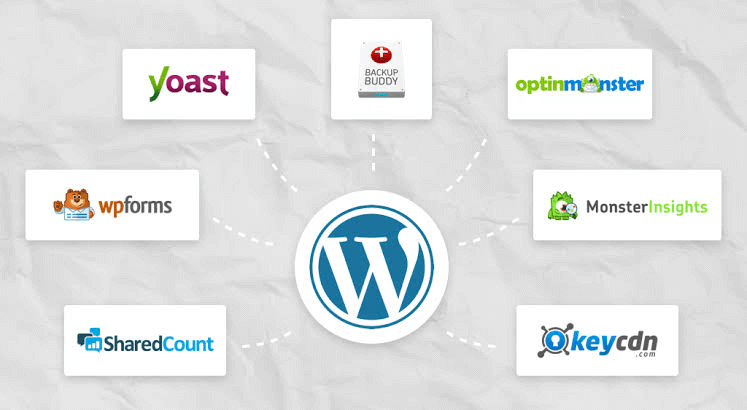Examining the Leadership Dynamics and Recent Controversy Surrounding WordPress
Introduction
WordPress, the platform powering over 40% of the internet, is synonymous with open-source freedom and innovation. Its accessibility has enabled individuals and businesses alike to create robust websites, contributing to its status as a global leader in content management systems (CMS). Yet, beneath this surface of success lies a brewing controversy centered around its leadership and recent actions that have polarized the community. This post examines the key points of contention, shedding light on how they affect the ecosystem's future.

WordPress: A General Overview
WordPress is more than just a CMS; it’s a movement built on the principles of open-source collaboration. Developed in PHP and supported by a vast ecosystem of plugins and themes, it caters to both tech-savvy developers and beginners.
Key to WordPress’s widespread adoption is its GNU General Public License, which ensures the platform remains open for modification and commercial use. However, its trademarks, including the WordPress name and logo, are tightly controlled by the WordPress Foundation, creating a unique balance of freedom and regulation.
Hosting WordPress websites has become a lucrative industry, with companies like WP Engine emerging as dominant players. Yet, the recent conflict between Automatic the commercial entity behind WordPress.com and WP Engine has highlighted potential cracks in this ecosystem.
Deep Dive into Recent Controversies
Trademark Usage Policy Updates
The WordPress Foundation recently tightened its policy on the usage of the abbreviation "WP," restricting it in cases where it might cause confusion. This change, coupled with public criticism of WP Engine on the official WordPress.org blog, set the stage for escalating tensions.
Conflict Between Automatic and WP Engine
WP Engine’s success has drawn both admiration and ire. After Automatic demanded an 8% royalty on WP Engine’s gross revenue due to perceived under-contribution to the WordPress ecosystem, WP Engine declined to comply. This disagreement resulted in public denouncements, legal threats, and even WP Engine's removal from WordPress.org. The ban significantly impacts developers and users reliant on WP Engine's hosting services.
Legal and Community Fallout
The conflict escalated into legal disputes, with WP Engine accusing Matt Mullenweg of defamation and other violations. This strained relationship between two significant players in the WordPress ecosystem raises questions about leadership priorities and the potential for long-term damage to the community's trust.

Advantages and Challenges of WordPress Leadership
Advantages:
-
Strong Vision for Open Source: Matt Mullenweg’s leadership has maintained WordPress’s open-source roots, resisting private equity influences that could commercialize or restrict access.
-
Unified Ecosystem: Centralized control over trademarks and policies ensures a consistent user experience and brand identity.
Challenges:
-
Leadership Style Criticism: Accusations of "main character syndrome" suggest a potential disconnect between leadership and community values.
-
Legal and Ethical Concerns: Recent actions, such as banning WP Engine and imposing restrictive policies, risk alienating key stakeholders.
-
Community Division: Public disputes and controversial decisions create division within the WordPress community, undermining its collaborative spirit.
Practical Implications and Advice
For Developers:
Developers reliant on WordPress should diversify their skill sets and hosting partnerships to mitigate risks from ecosystem disruptions. Keeping an eye on alternative CMS platforms may also provide backup solutions in the event of prolonged instability.
For Businesses:
Companies using WordPress-hosted services must stay informed about policy changes and their implications. Investing in custom solutions or engaging with alternative hosting providers could ensure smoother operations.
For the WordPress Community:
Advocating for transparent communication between leadership and stakeholders is vital. Community forums, WordCamps, and online platforms provide opportunities to voice concerns and influence decision-making.
Conclusion
The recent controversies surrounding WordPress leadership highlight the challenges of managing a dominant open-source platform in a rapidly evolving digital landscape. While the platform’s foundational values of freedom and collaboration remain intact, leadership decisions must align with the community's best interests to sustain its success.
By fostering open dialogue and seeking balanced solutions, the WordPress ecosystem can navigate these challenges and continue to empower millions of users worldwide.